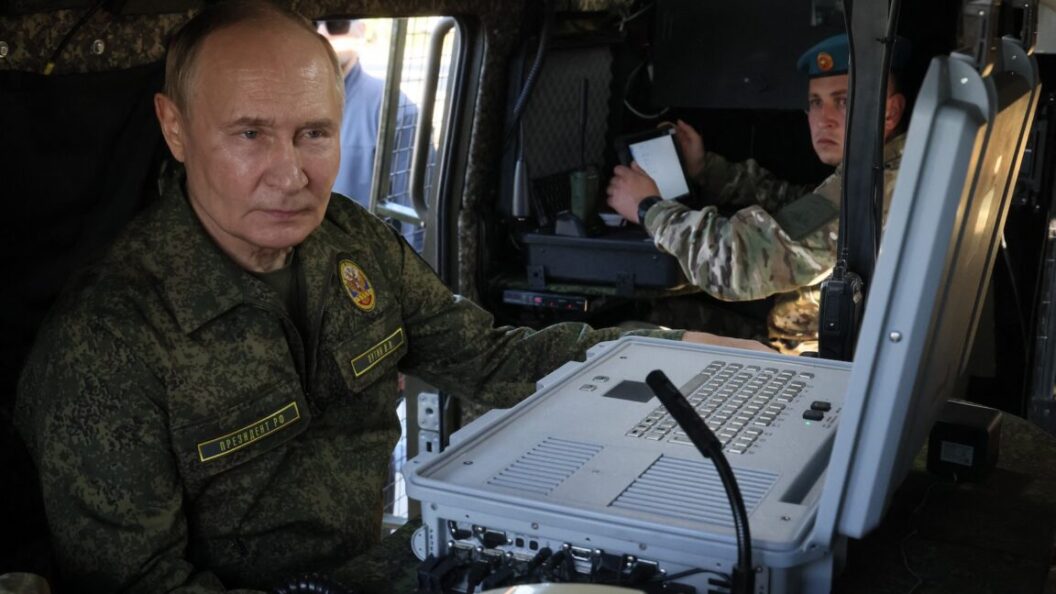Germany Considers Offensive Space Capabilities Amid Rising Threats
Germany’s defense minister, Boris Pistorius, announced significant changes in the nation’s space defense policy, calling for a re-evaluation of its approach to offensive capabilities in space. This shift comes in response to reports that Russian spacecraft are actively monitoring German military communications satellites.
Increased Threat Landscape
During his address at the German Industry’s Space Congress in Berlin, Pistorius underscored the urgent need for Germany to strengthen its investments in space security. He pointed out that both Russia and China have made considerable advancements in their space warfare capabilities, which pose direct threats to national and allied interests.
Pistorius articulated the gravity of this issue, stating, "They can jam, blind, manipulate, or kinetically destroy satellites." His remarks suggest that the current geopolitical climate necessitates a proactive stance in safeguarding not only German assets but also European security in space.
The Strategic Importance of Space
Highlighting the strategic significance of satellite systems, Pistorius remarked, "Satellite networks are now the Achilles heel of modern societies." He asserted that an attack on these networks could incapacitate entire nations, emphasizing that future conflicts will extend into orbital territories, not just terrestrial battlegrounds. This perspective reflects growing concerns about the efficacy of national defenses in response to potential space-based threats.
Germany’s New Defense Initiatives
Pistorius disclosed plans for a substantial investment in space security, amounting to 35 billion euros ($40.8 billion) by the year 2030. The investment aims to enhance various aspects of space defense, including:
- Development of satellite constellations
- Establishing secure launch capabilities
- Improving cybersecurity measures
- Expanding ground stations
- Enhancing radars and telescopes for tracking orbital traffic
Additionally, he indicated that Germany is prepared to discuss the introduction of offensive capabilities in space, marking a significant shift from its historical opposition to anti-satellite weaponry.
Historical Context and Shifts
Traditionally, Germany has depended on allied nations, primarily the United States and other European partners, for critical space operations, such as missile warning systems and intelligence gathering. This dependency has limited Germany’s capabilities in independently ensuring its space security. Until now, the focus has primarily been on developing radar surveillance satellites as part of collaborative agreements with allies.
The implications of this new approach may indicate a departure from a passive defense strategy. Christian Mölling, former research director at the German Council on Foreign Relations, noted that German policymakers have historically been content with a strategy of reliance on allies, suggesting that a move towards offensive capabilities represents a paradigm shift in Germany’s defense strategy.
Conclusion: A New Era in Space Defense
Pistorius’s remarks and the outlined defense initiatives pose critical questions about Germany’s role in the evolving landscape of space security. The potential adoption of offensive capabilities marks a notable transition in policy, reflecting an understanding that as space becomes more contested, countries must reconsider their defense strategies.
Acknowledging the changing dynamics of military engagement, Germany appears poised to take a more assertive role in safeguarding its interests in space. This shift may not only enhance its security posture but also influence the broader European approach to space defense amid escalating tension with global powers. As nations increasingly recognize the strategic value of space, Germany’s actions could set a precedent for others in the region, potentially reshaping alliances and defense calculus in the coming years.









